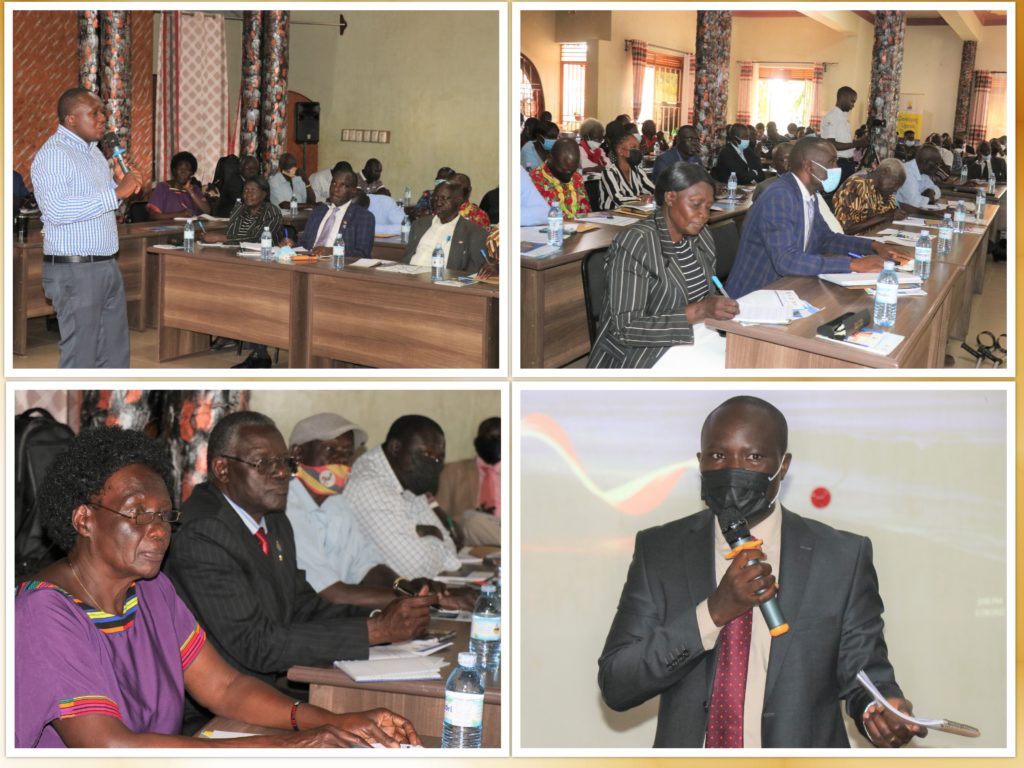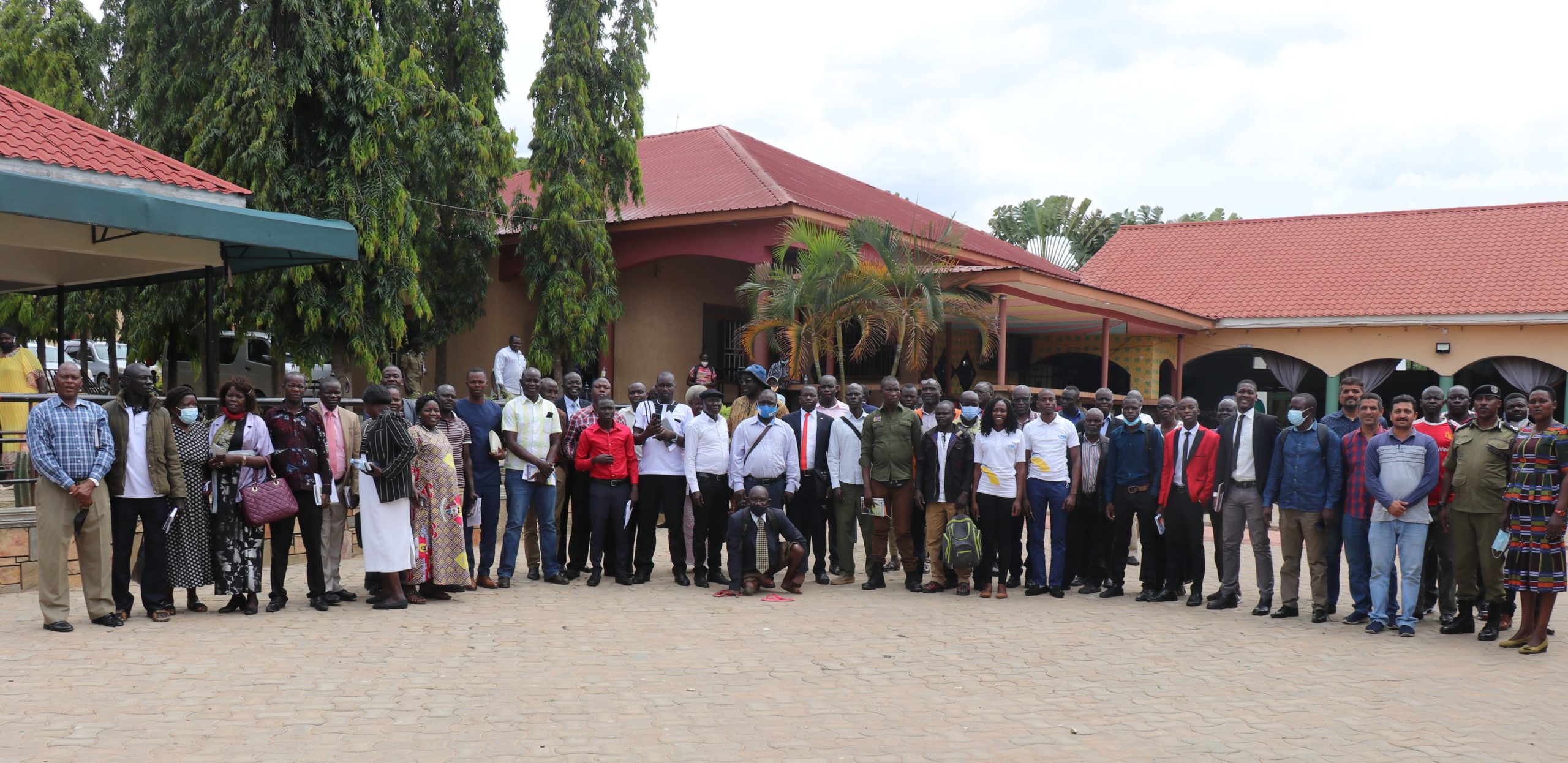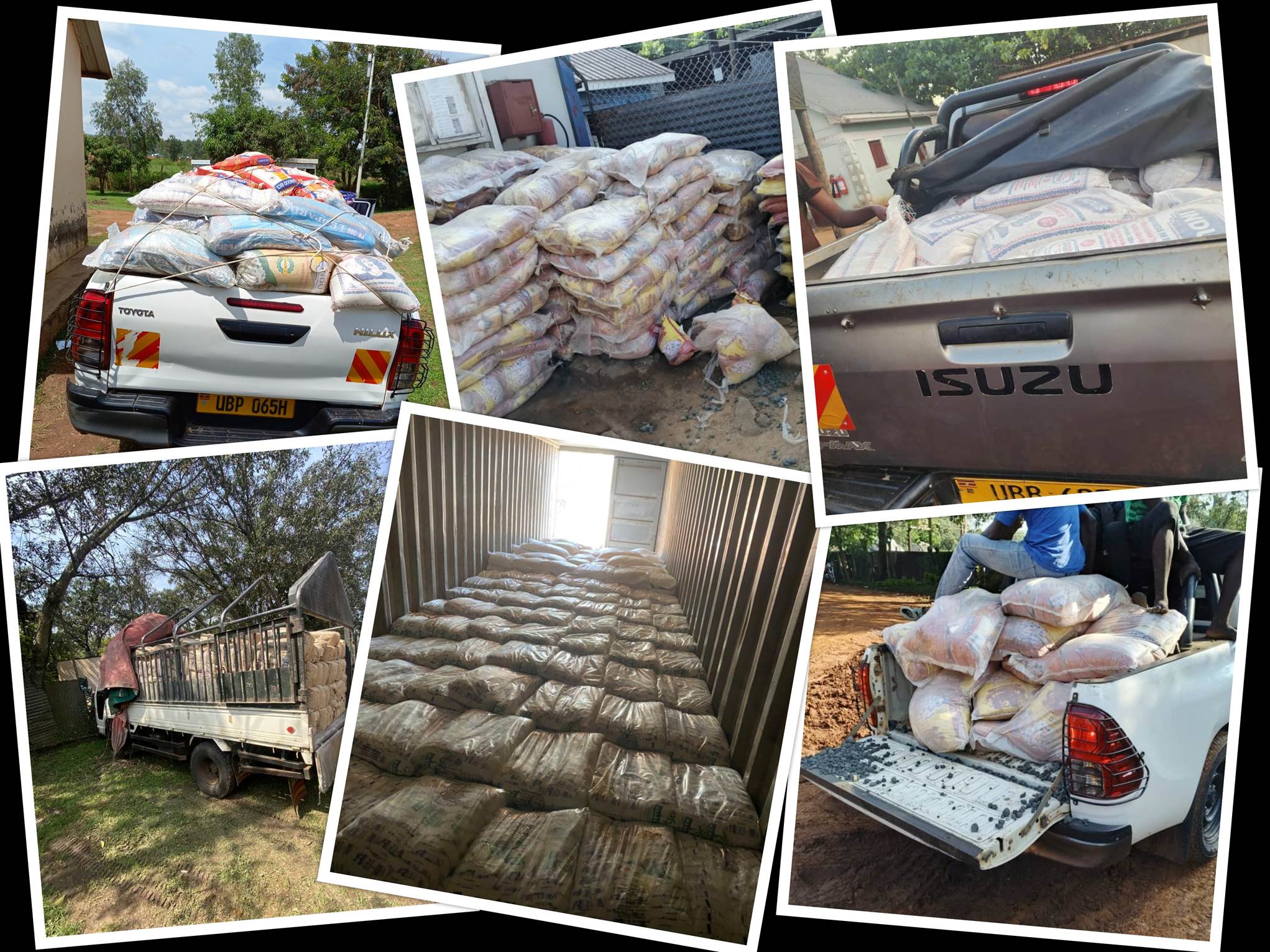By Taxman Reporter
Political, Local Government and business community leaders together with civil society leaders from the West Nile sub-region converged at Heritage Courts Hotel in Arua recently to brainstorm on their contribution towards Domestic Revenue Mobilisation strategy.
The engagement was organised under the Resource Enhancement and Accountability Program (REAP) by the Ministry of Finance and URA.
The different presentations during the engagement emphasized the need for taxpayers to comply so that the Government has enough revenue to fund its plans to develop the nation.
Nicholas Mabonga, the Senior Economic Researcher at the Ministry of Finance noted that the Domestic Revenue Mobilization Strategy(DRMS) is a prime framework for Uganda’s tax system for the period FY 2019/20 – FY 2023/24 aimed at improving public finances.
He singled out the 5 pillars supporting the DRMS concept as; prioritization of medium-term revenue objectives, consensus-building and evidence-based programmes guiding external support to where it is most needed: Development of sustained whole-of-government political support for reforms and the establishment of a detailed frame-of-reference against which to measure progress.

On the other hand, Robert Wamala Lumanyika, a Supervisor in the Tax education unit of URA called for support of the Tax Education Strategy by business leaders in enhancing voluntary compliance.
“Through this tax education strategy, we are certain that we shall combat the challenges that have for long dogged our economy as a country like a low tax to GDP ratio that has stagnated around 13.1%, a high informal sector of 51%, a low tax register of 2 million taxpayers”, Wamala anticipated.
In Arua city for example, out of the UGX 34 billion allocated by the Central Government, only UGX 6 billion was realized. Wamala challenged the leaders to bridge the gap by collecting more.
The leaders appreciated the engagement as an avenue to work together for greater compliance.
“Friendliness has been lacking in URA. We have had situations where traders have been intercepted at their shops. I recommend that interceptions are made only at the border,” Martha Tiko, a honey trader in Arua expressed concern.
Mzee Ajedra ’s views resonated with Tiko. He appreciated URA for moving to the community and the need to work together.
George Okello, the URA Assistant Commissioner Litigation concurred with the leaders emphasizing that the approach towards revenue administration today lies in building synergies and relations with taxpayers.
He noted the need to curb smuggling in the West Nile Region and that URA is now deploying the 3 E strategy of Engagement, Education and Enforcement.
Meanwhile, similar engagements have been held in other key towns of; Masaka, Lira, Fort Portal, Mbale and Mbarara.










